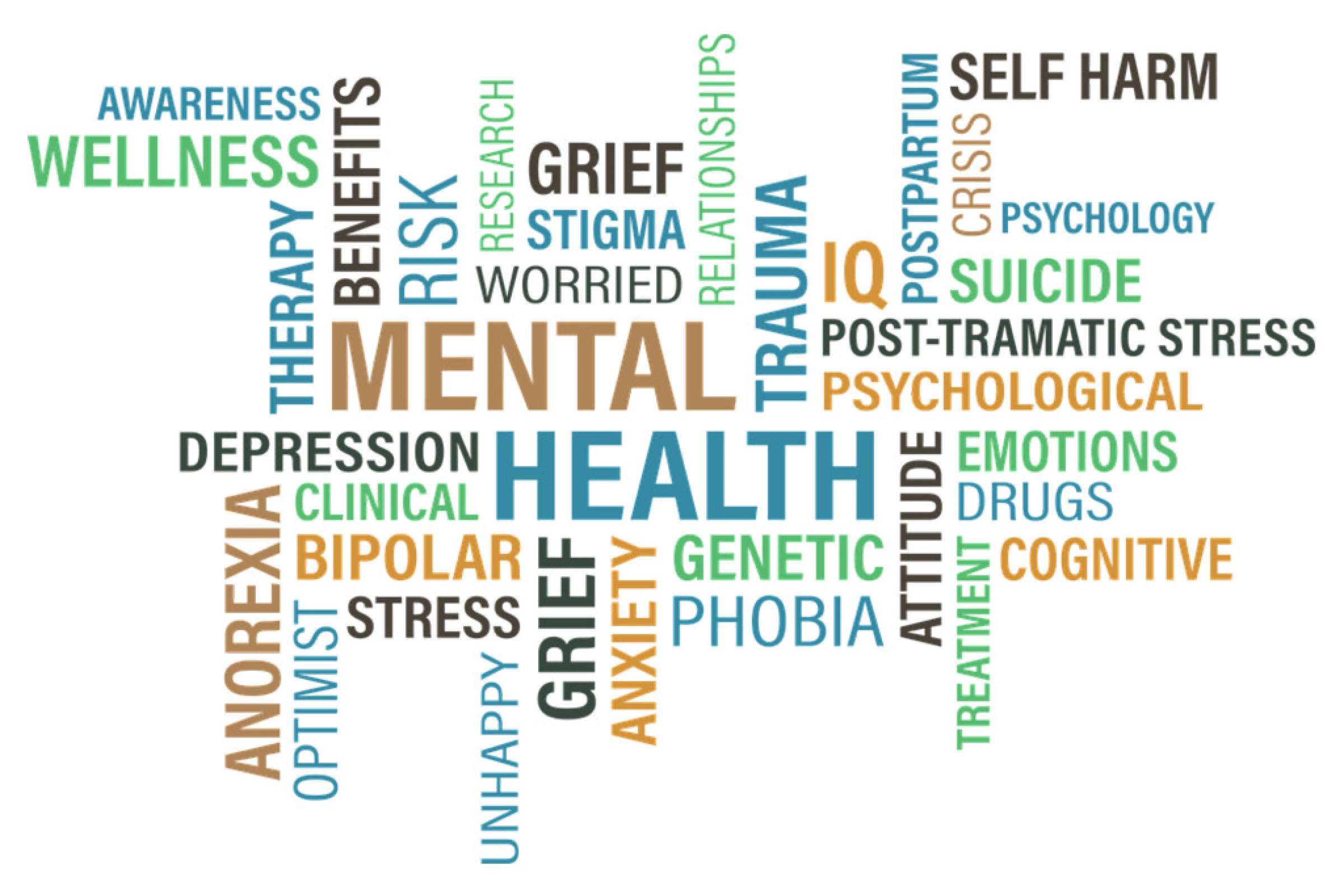Prolonged, untreated emotional trauma can cause your body to develop cancer. Unaddressed emotional trauma puts the body in a constant state of stress. Stress can do a lot of negative things to the body, like weakening the immune system ultimately making it more vulnerable to disease.
The Sympathetic Nervous System (SNS) is responsible for the chemical changes in the body. One example of this is the infamous “fight or flight” response. If we suffer from chronic stress, our SNS is constantly working overtime. At which state, the genetic code of the body’s adrenaline and non-adrenaline stimulating mechanisms gets altered. Such changes lead to:
- Inhibition of immune system responses
- Increased inflammation
- Inhibited cancer cell death
- Reduced cytotoxic functions of natural killer cells
- Slower DNA repair
- Stimulation of cancer cells angiogenesis
- Faster production of new cancer stem cells


